May 22, 2023
How 5G is Impacting and Will Impact Our Lives
No doubt you have heard of 5G, but do you really know what it means and entails?
The fifth generation of wireless technology, known as 5G, is revolutionizing our digital connectivity. With unprecedented speed, capacity, and reliability, 5G is transforming how we communicate and interact. It offers data transmission speeds up to 100 times faster than 4G, with lower latency and greater responsiveness. Operating on higher frequency bands, 5G enables faster data transfer rates and optimized network performance.
As 5G expands globally, it is crucial to understand its impact on our daily lives. From faster speeds to seamless integration with emerging technologies, 5G will transform work, entertainment, transportation, healthcare, and urban living. Understanding the implications of 5G allows us to make informed decisions, leverage its benefits, and navigate challenges. Embracing this technological revolution empowers us to create a more connected and advanced society.
Enhancing Connectivity & Communication
One advantage of 5G is its faster download and upload speeds, enabling quick access to files, seamless streaming, and swift downloads. 5G also reduces latency, allowing near real-time communication for applications like gaming, Artificial Reality & Virtual Reality, and device control. Video streaming and gaming experiences are improved with faster speeds, reduced lag, and uninterrupted playback, even in crowded networks.
5G also facilitates seamless connectivity among IoT devices by enabling efficient communication and data exchanges between devices. 5G's high capacity, low latency, and seamless connectivity support the vast number of IoT devices deployed and their integration & communication.

Revolutionizing Industries & Workplaces
5G technology revolutionizes remote work by providing enhanced capabilities for seamless video conferencing, real-time collaboration, and efficient access to cloud-based applications and data. Its high-speed, low-latency connections enable individuals and businesses to work remotely with the same productivity and connectivity as in a physical office. The increased reliability and bandwidth of 5G facilitate a smooth remote work experience, ensuring professionals stay connected and productive regardless of location.
5G advances autonomous vehicles and transportation systems. Its ultra-low latency and reliable connectivity enable real-time communication between vehicles, infrastructure, and pedestrians, ensuring safer and more efficient transportation. High-speed data exchange allows autonomous vehicles to make split-second decisions based on up-to-date information, improving navigation, collision avoidance, and traffic management.
In healthcare, 5G enables remote patient monitoring in real-time, collecting vital signs and health data without in-person visits. This supports timely intervention, improved patient outcomes, and efficient healthcare delivery. 5G also enhances telemedicine with high-quality video consultations, enabling accurate remote diagnosis and treatment. Its deployment further supports emerging technologies like AR and VR for medical training and procedures, advancing patient care.

Enabling Smart Cities and Infrastructure
5G technology plays a crucial role in the development of smart cities, offering a range of benefits and advancements across various domains. One of the key areas where 5G is pivotal is in optimizing traffic management and implementing intelligent transportation systems. With its high-speed and low-latency connectivity, 5G enables real-time data exchange among vehicles, traffic signals, and infrastructure.
Moreover, 5G deployment in smart cities facilitates efficient energy consumption and smart grid solutions. The reliable and low-latency connectivity offered by 5G allows for real-time monitoring and control of energy generation, distribution, and consumption. This empowers cities to implement load balancing mechanisms, demand response strategies, and the integration of renewable energy sources.
Integrating 5G with the Internet of Things (IoT) devices further enhances public safety and security in smart cities. The high-capacity and low-latency connectivity provided by 5G allows for seamless integration of sensors, cameras, and connected devices into the urban environment. This enables real-time data collection, facilitating advanced surveillance, predictive analytics, and rapid emergency response.
Empowering Emerging Technologies
5G empowers virtual and augmented reality (VR/AR) applications with high-speed, low-latency connections for immersive experiences. It ensures seamless access to VR/AR content, enhancing quality and enabling immersive applications like virtual meetings, collaboration, gaming, education, and entertainment. Real-time data streaming is facilitated, enhancing interactivity.
As we have seen, 5G plays a pivotal role in empowering the Internet of Things (IoT) and connected devices. Its high capacity, low latency, and massive device connectivity enable seamless integration and communication across sectors such as smart homes, smart cities, industrial automation, healthcare, agriculture, and logistics. Real-time data exchange, remote control, and automation enhance efficiency and productivity.
The combination of 5G and artificial intelligence (AI) advances machine learning and AI applications. High-speed connectivity and low latency allow for real-time data transmission and faster, accurate AI-driven decision-making in autonomous vehicles, predictive maintenance, intelligent assistants, and personalized services. Access to cloud resources and edge computing capabilities supports real-time and low-latency AI applications.
5G complements cloud computing and edge computing. It enables efficient data transmission between devices and cloud servers, offloading computationally intensive tasks and enabling resource-intensive applications. Edge computing reduces latency, enhances real-time decision-making, and improves system performance. 5G, cloud computing, and edge computing create a powerful ecosystem for delivering high-performance services and applications.

Addressing Concerns and Challenges
As 5G technology evolves, addressing security and privacy becomes crucial. Robust security measures, encryption, authentication, and secure network architectures are vital for protecting data and privacy. Collaboration is needed to develop regulations that promote cybersecurity and privacy standards.
Implementing 5G requires infrastructure upgrades and faces challenges in tower placement and deployment. Overcoming logistical, regulatory, and aesthetic challenges is essential. Collaboration, investment, and regulatory frameworks support efficient rollout.
Concerns about health and environmental impacts of 5G exist, but scientific studies show no conclusive evidence of adverse effects within recommended limits. Ongoing research and monitoring are important for responsible deployment.
Regulatory frameworks and policies are necessary for spectrum allocation, network deployment, data privacy, and competition. Governments create an environment for innovation, consumer protection, and fair competition. Clear rules and guidelines promote trust. Balancing regulation and fostering innovation is key.
Conclusion
In conclusion, 5G technology has a significant and far-reaching impact on various aspects of our lives. It enhances connectivity, communication, and productivity through faster speeds, reduced latency, and seamless integration between devices and the Internet of Things (IoT). It revolutionizes industries, transforms healthcare, and empowers smart cities and infrastructure.
As 5G continues to evolve, we can anticipate even more transformative developments, such as standalone networks and integration with emerging technologies. It is essential for readers to embrace and prepare for the 5G revolution by understanding its capabilities, investing in infrastructure and skills, and staying informed. Embracing 5G opens doors to new opportunities for growth and success in the digital age.
Are you ready to step into the Future of Connectivity? We are!
Contact Dirox to bring your next digital product to life!

Sources:
- What is 5G?





















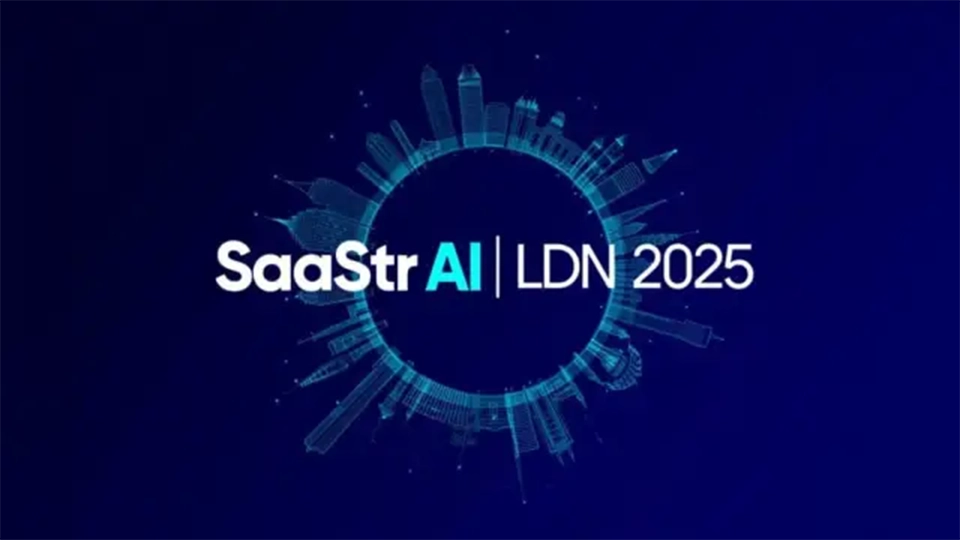
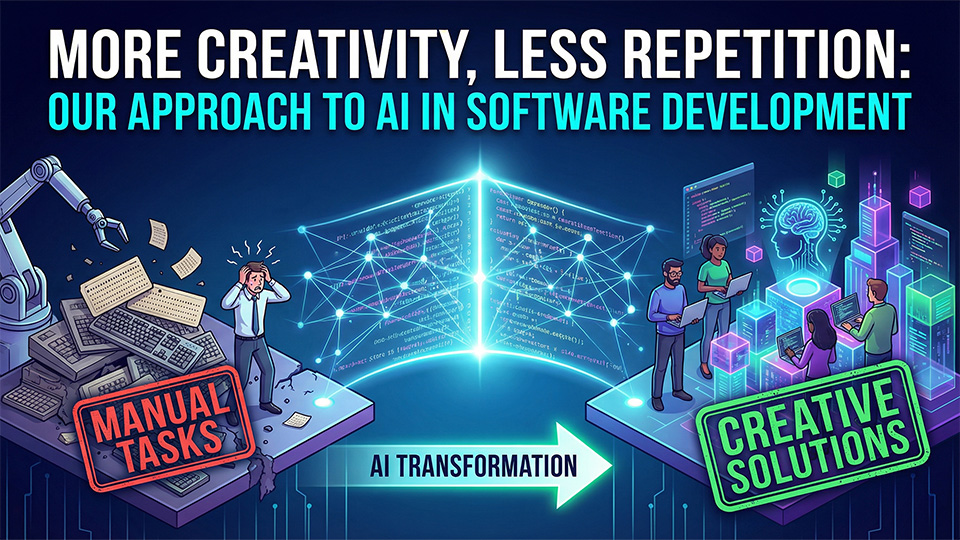
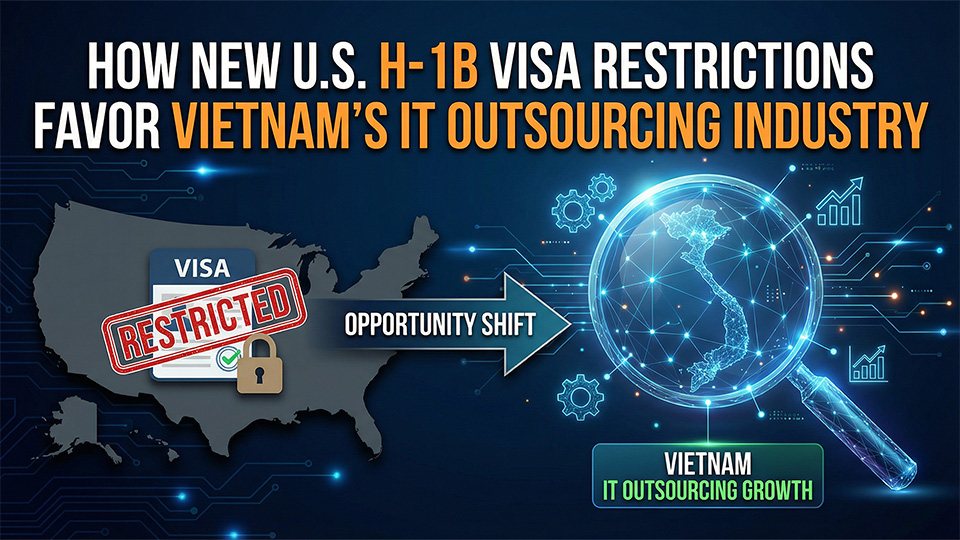
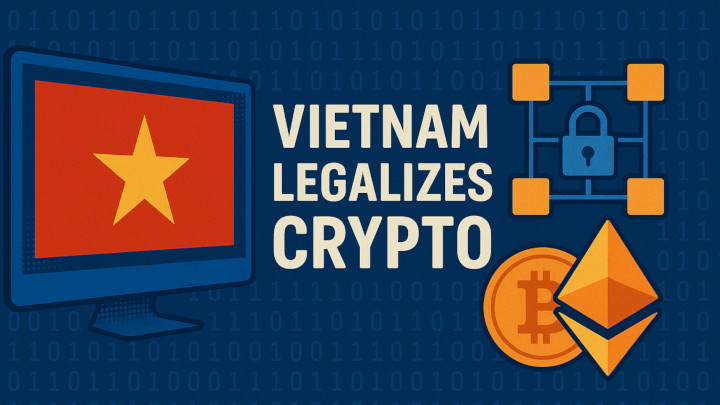
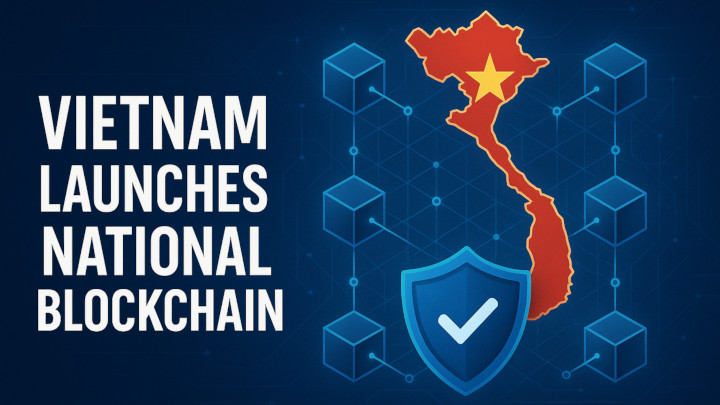

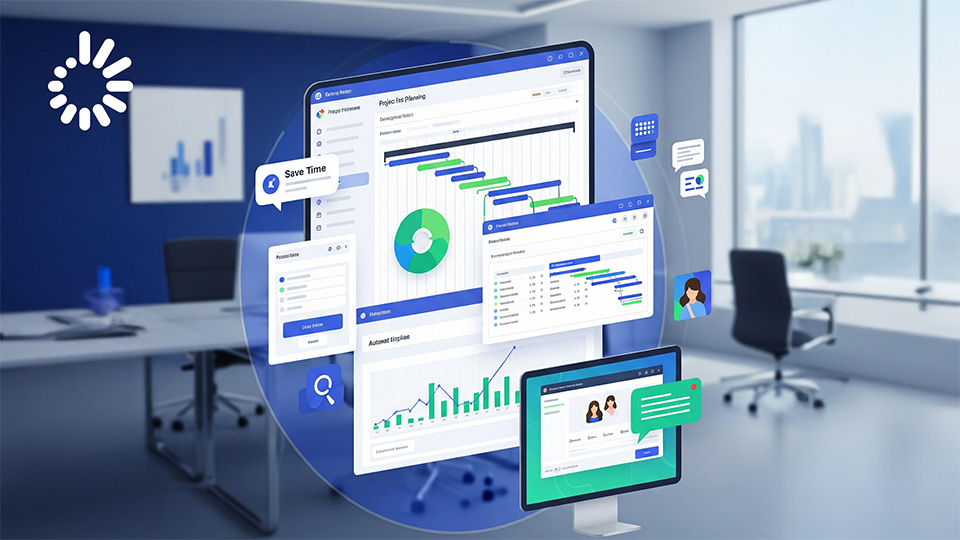

.svg)













